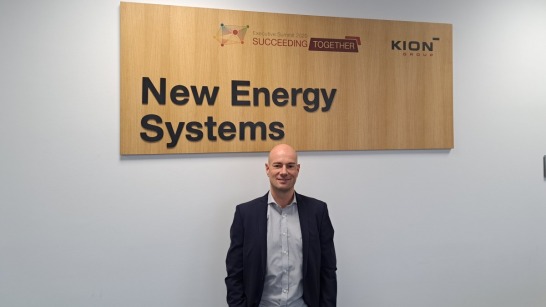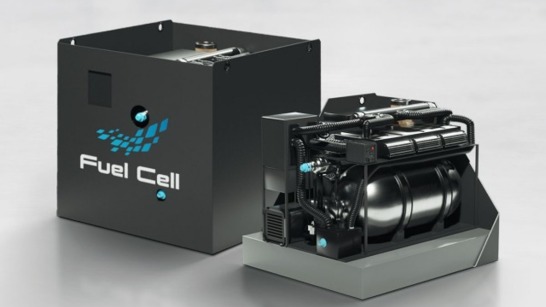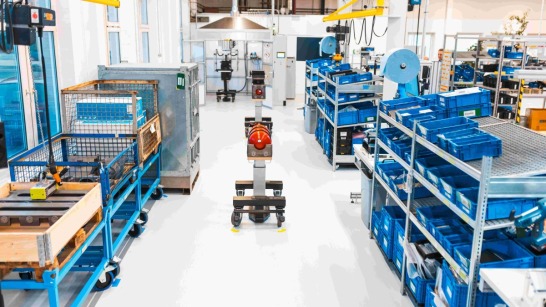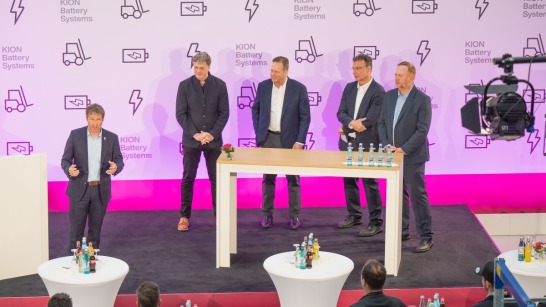
The KION Group has started to produce hydrogen propulsion systems
KION will soon be manufacturing its own fuel cell systems for industrial trucks. In an interview, Wolfgang Klüpfel, Head of KION Fuel Cell Systems, talks about this alternative energy system, the applications, and the advantages compared to other drive systems.
2023-01-12



